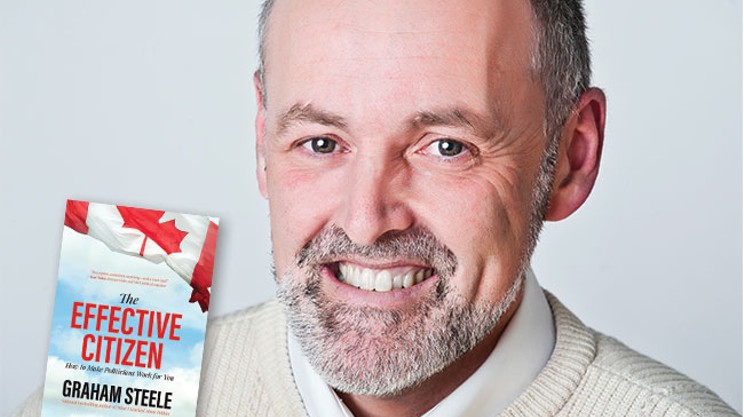In the aftermath of the May 30 election, Nova Scotia NDP leader Gary Burrill claimed that the NDP’s “trajectory of difficulty has been reversed,” the glass is “way more full than empty” and “we have won, because only the NDP has opened up a door to hope.” Yet the NDP received its fewest votes since 1988 and its smallest share of the popular vote since 1993, allowing the Liberals to win a second majority mandate.
There is no question that NDP candidates and activists should be commended for their efforts during the campaign to try to make our province more inclusive and environmentally sustainable. Nevertheless, the election outcome has to spur serious introspection for the party and for social progressives in general.
The Liberals’ re-election promises to have severe consequences for many of the policy issues and constituencies progressive Nova Scotians care about most, considering how their first term was brutal. They stripped collective bargaining rights from teachers, nurses and other public-sector workers and imposed contracts decreasing real wages. They froze income assistance rates, making poor families poorer. They deregulated university tuition and abdicated responsibility for youth retention and employment. They reversed support for community-based renewable energy and opposed the Federal carbon tax.
Entering the election many Nova Scotia voters were seeking an alternative. The Liberals lost 32,500 votes relative to 2013 and now have only a slim majority of seats. The Tories benefitted, taking seven new ridings and the Greens gained two percentage points. Yet, the NDP’s support fell in polling over the course of the campaign and the party ultimately lost one-quarter of its 2013 vote.
Many voters opted out. Turnout was the lowest in Nova Scotia’s history.
Through three elections from 1998 to 2006, the NDP established itself for more and more Nova Scotians as a progressive government-in-waiting, before taking power for the first time in 2009. Even in its 2013 defeat, the party retained second place in the popular vote. By the end of this election, the NDP’s best hope was to be the distant third party in a minority government.
The most important debate in Nova Scotia politics should now take shape among progressives and within the NDP, to reconcile differences in views stemming from the NDP’s time in government. The current leadership seems most heavily focused on returning to the NDP’s “social democratic roots” to represent mainly the minority of Nova Scotians for whom those values provide profound meaning. The alternative is to translate those values into pragmatic policies that authentically represent the interests of wider working-class constituencies and grassroots communities whose voting choices are shaped more by their material circumstances than abstract ideals. This is the path of Tommy Douglas, who won five successive majorities and became the great father of Medicare without running a deficit.
In working through this debate, NDP members need to consider the possibility that, despite many failings, during its four years in government the NDP generated more concrete gains for working people, people in poverty, students, members of minority groups and the environment than it has ever done as a third party in the legislature.
A more united NDP prepared to learn from its challenges, successes and mistakes in government, could again be a powerful force for progress in our province. Without such a party, Liberal and PC governments will continue to neglect and disempower the people and communities we care about most and to drive our province further into the ground.






















